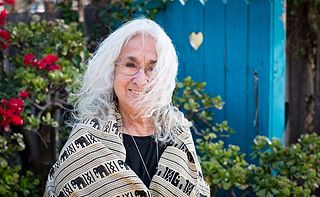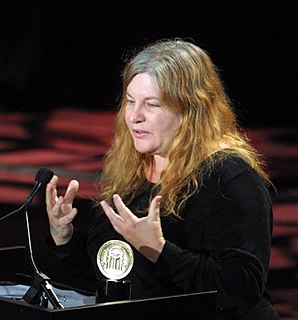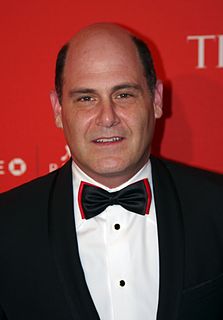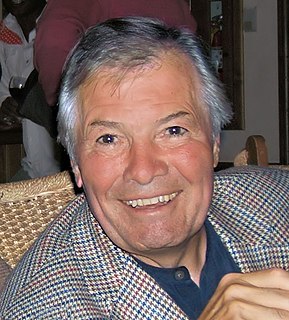A Quote by Rachel Naomi Remen
Everybody is a story. When I was a child, people sat around kitchen tables and told their stories. We don't do that so much anymore. Sitting around the table telling stories is not just a way of passing time. It is the way the wisdom gets passed along. The stuff that helps us to live a life worth remembering.
Related Quotes
This kingdom of God life is not a matter of waking up each morning with a list of chores or an agenda to be tended to, left on our bedside table by the Holy Spirit for us while we slept. We wake up already immersed in a large story of creation and covenant, of Israel and Jesus, the story of Jesus and the stories that Jesus told. We let ourselves be formed by these formative stories, and especially as we listen to the stories that Jesus tells, get a feel for the way he does it, the way he talks, the way he treats people, the Jesus way.
Writers imagine that they cull stories from the world. I'm beginning to believe that vanity makes them think so. That it's actually the other way around. Stories cull writers from the world. Stories reveal themselves to us. The public narrative, the private narrative - they colonize us. They commission us. They insist on being told. Fiction and nonfiction are only different techniques of story telling. For reasons that I don't fully understand, fiction dances out of me, and nonfiction is wrenched out by the aching, broken world I wake up to every morning.
The Nigerian storyteller Ben Okri says that ‘In a fractured age, when cynicism is god, here is a possible heresy: we live by stories, we also live in them. One way or another we are living the stories planted in us early or along the way, or we are also living the stories we planted — knowingly or unknowingly — in ourselves. We live stories that either give our lives meaning or negate it with meaninglessness. If we change the stories we live by, quite possibly we change our lives.’
Stories move in circle. They don’t move in straight lines. So it helps if you listen in circles. There are stories inside stories and stories between stories and finding your way through them is as easy and as hard as finding your way home. And part of the finding is the getting lost. And when you’re lost you start to look around and to listen.
I don't know that movies are important. But I know that stories are important. Movies may disappear. They've only been around, for God's sake, for the last hundred years... I think that it's the need to tell stories, and that people need to be told stories. It's the old sitting around the fire, you know.
I know that telling the story, there are certain events I want to skip, and certain events I want to hit. The time passing allows for - if you're really following people's lives, and this isn't a cartoon - someone gets pregnant, a child will be born, etc. You really don't want to be locked into "Every episode is a month later." The show is very intense to make. There's always going to be some downtime between seasons, and to me, it really helps to come back to the next season in the reality of that world, and have almost as much time passed in their lives as has passed in yours.
Humans are kind of story-propagating creatures. If you think of how we spend our days, think of all the time you spend on entertainment. How much of your entertainment centers around stories? Most pieces of music tell stories. Even hanging out with your friends, you talk, you tell stories to each other. They're all stories. We live in stories.
My real purpose in telling middle-school students stories was to practice telling stories. And I practiced on the greatest model of storytelling we've got, which is "The Iliad" and "The Odyssey." I told those stories many, many times. And the way I would justify it to the head teacher if he came in or to any parents who complained was, look, I'm telling these great stories because they're part of our cultural heritage. I did believe that.
You know, I had a new kind of thought on Black Lives Matter and the All Lives Matter thing. And the best way to explain it is if we're all sitting around at a table having dinner, and everybody gets pie except for you and you say, my pie matters, I don't have pie, and everybody at the table looks at you and says, I know, all pie matters, it shows that the people at the table aren't really listening.



































